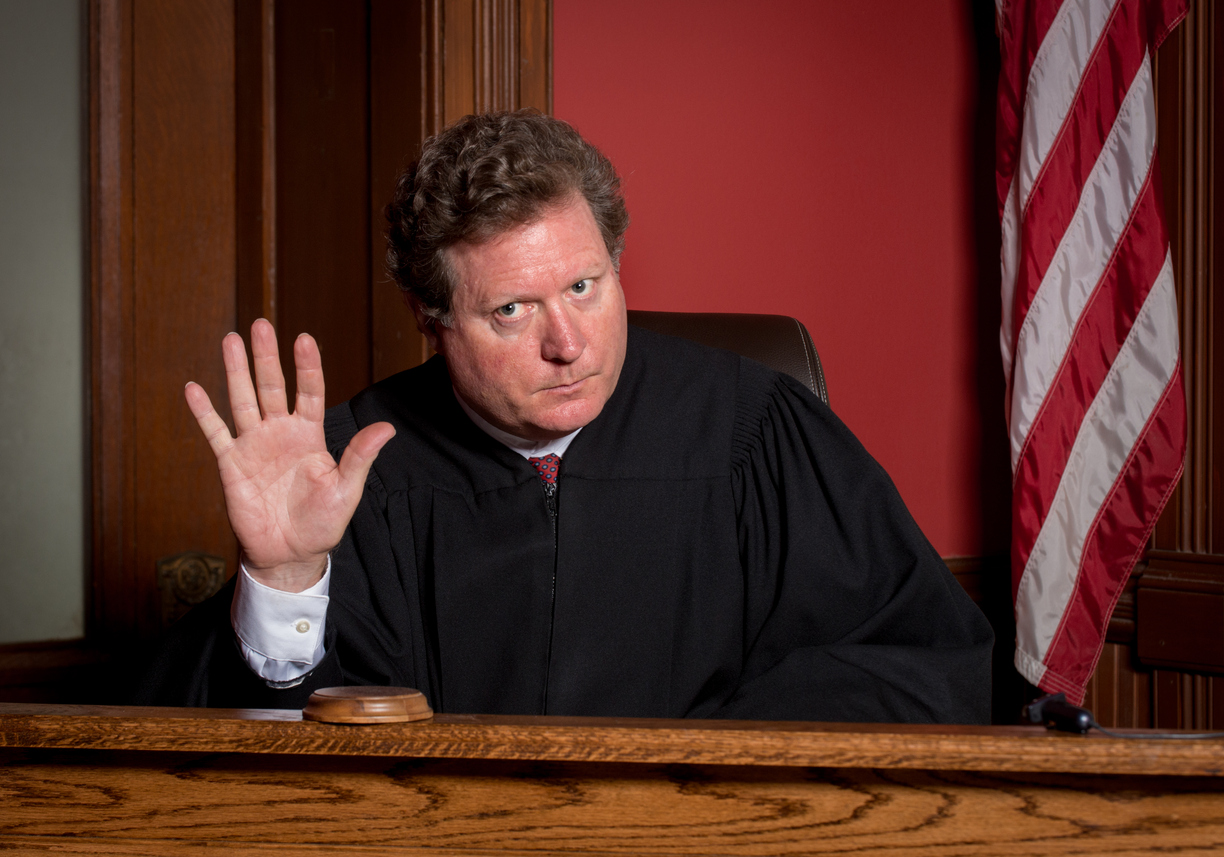Choice of law is an issue that may arise in a property insurance dispute. The law can differ from jurisdiction to jurisdiction. When faced with this issue, the first step is to read the full policy.
Some policies include a choice of law clause that will address which particular state’s law applies. If there is not a choice of law clause, you must look to the specific state’s law.
For contract disputes, Florida follows the “lex loci contractus” doctrine, which provides the law of the place where the contract was made governs unless public policy requires assertion of Florida’s paramount interest in protecting its citizens from inequitable insurance contracts.1
In State Farm Mut. v. Roach,2 the Florida Supreme Court rejected the most significant relationship test in favor of the certainty of the lex loci contractus rule for insurance contract disputes. To fall within the public policy exception of Florida’s choice of law provision, there must be a Florida citizen in need of protection, a paramount Florida public policy, and the insurer must be on reasonable notice that the insured is a Florida citizen.3
Where the lex loci contractus rule to insurance contract cases applies, Florida courts look to the law of the state where the contract was executed.4 The determination of where a contract was executed is fact-intensive and requires a determination of where the last act necessary to complete the contract was done.5 Among the many possible locations to consider, this may be the place where:
- An insurance application was completed by the insured,6
- where the binder confirming coverage was delivered to the insured’s agent from the underwriter,7
- where a binder in the nature of an offer was accepted by the insured,8 or
- where the policy was delivered to the insurer.9
Both policyholders and insurers will argue for application of the law of the state that they deem most favorable to their position. Sometimes, the difference between two jurisdictions’ laws are dispositive in insurance disputes so choice of law issues should be carefully considered in a property insurance claim.
__________________________________________
1 Lincoln Nat. Health Ins. v. Mitsubishi, 666 So.2d 159, 161 (Fla. App. 1995); Sturiano v. Brooks, 523 So. 2d 1126, 1129-1130 (Fla. 1988); State Farm Mut. Auto. Ins. v. Reis, 926 So.2d 415, 422-423 (Fla.1st DCA. 2006).
2 State Farm Mut. v. Roach, 945 So.2d 1160, 1165 (Fla. 2006).
3 Id.
4 Id.
5 National Trust Ins. Co. v. Graham Bros. Const. Co., Inc., 916 F. Supp. 2d 1244 (M.D. Fla. 2013) (applying Florida law); AIG Premier Ins. Co. v. RLI Ins. Co., 812 F. Supp. 2d 1315 (M.D. Fla. 2011) (applying Florida law).
6 American United Life Ins. Co. v. Martinez, 480 F.3d 1043 (11th Cir. 2007) (applying Florida law).
7 Sun Capital Partners, Inc. v. Twin City Fire Ins. Co., Inc., 2015 WL 4648617 (S.D. Fla. 2015) (applying Florida law).
8 Pierce v. Property & Casualty Ins. Co. of Hartford, 303 F. Supp. 3d 1302 (M.D. Fla. 2017) (applying Florida law).
9 National Trust Ins. Co. v. Graham Bros. Const. Co., Inc., 916 F. Supp. 2d 1244 (M.D. Fla. 2013) (applying Florida law).




